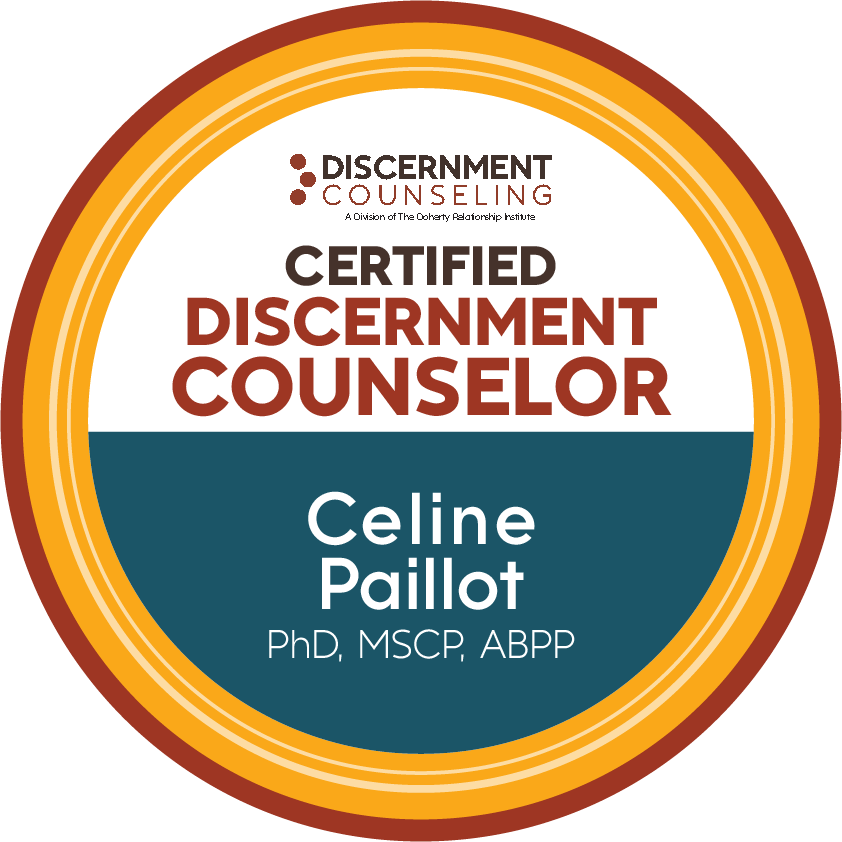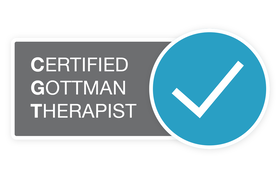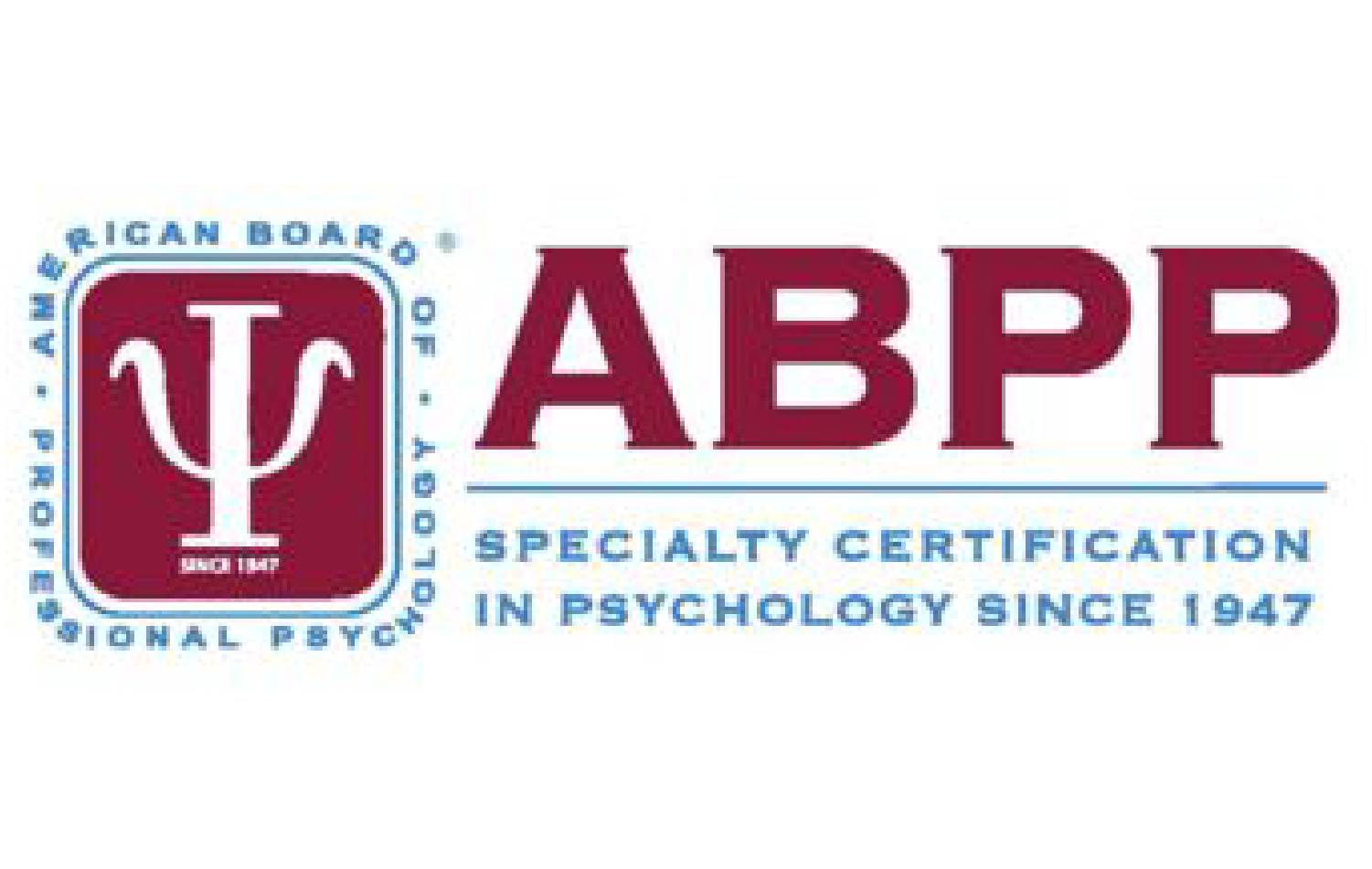Cognitive Behavior Therapy (CBT) is a form of psychotherapy used to treat a variety of mental disorders such as anxiety, Obsessive Compulsive Disorder, Depression and Post Traumatic Stress Disorder.
CBT is a form of therapy that works on identifying thoughts (also called cognitions), behaviors (or actions) and emotions and how they influence each other. It is based on principles from Cognitive Psychology and Behaviorism. It relies on the theory that thought distortions and maladaptive behaviors play a part in mental disorders.
Typically treatment can be breakdown as follows:
- Orientation to treatment
- Commitment to treatment
- Crisis response and safety planning
- Case conceptualization (to identify core schema, cognitive distortions and automatic negative thoughts)
- Focus on acquiring coping skills
- Relapse prevention
It is an evidence-based practice, which means it relies of scientific data. Evidence-Based Practice (EBM) “entails making decision about how to promote health and provide care by integrating the best available evidence with practitioner expertise and other resources, and with the characteristics, state, needs, values and preferences of those who will be affected. This is done in a manner that is compatible with the environmental and organizational context. Evidence is research findings derived from the systematic collection of data through observation and experiment and the formulation of questions and testing of hypothesis.” See http://www.ebbp.org.
CBT for Insomnia (CBTi)
CBTi or Cognitive Behavioral Therapy for Insomnia is an empirically validated treatment for insomnia. Our CBTi program is practical and focused. It includes 6 weekly sessions to help you with insomnia and other sleep disorders. The aim is for you to have more consolidated sleep, and to feel more refreshed when you wake up.
A variety of behaviors may affect sleep such as your diet, when and if you exercise, daily activities etc . Similarly there are several causes of insomnia such as age, physiology, circadian rhythm, medical conditions, psychiatric conditions such as anxiety disorders, Depressive disorders etc. and environmental factors.
Program breakdown:
-
Intake individual session with a board certified clinical psychologist to assess your sleep and see if CBTi is the right program for you.
-
Group session 1: Taking a look at your sleep and understand how sleep works. How to use the CBTi application and resources,
-
Group session 2: Review of sleep log and sleep Hygiene behaviors,
-
Group session 3: Cognitive Strategies (changing how you think about sleep and/or trouble sleeping),
-
Group session 4: Accepting your thoughts (Mindfulness and cognitive defusion),
-
Group session 5: Lifestyle habits that improves sleep,
-
Group session 6: Reviewing your progress and maintaining your gains.
-





